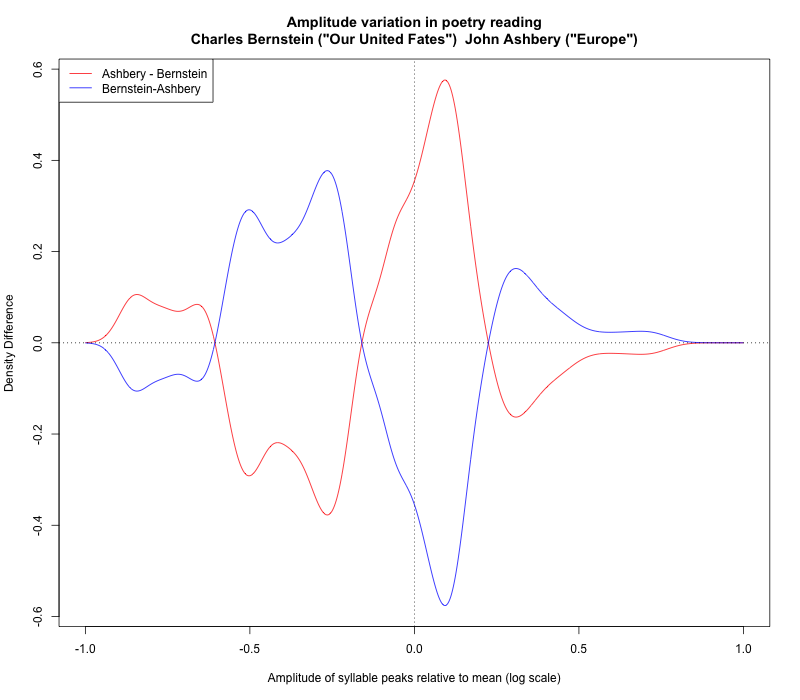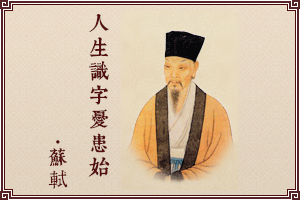[This is a follow up to "Preserved wife plum" (7/12/17), after which there ensued a vigorous and enlightening discussion on the terminology for plums, apricots, pastries, and so forth.]
My wife was born in Shandong in 1936, but fled from the Japanese with her family to Sichuan before she was one year old, and she spent the next eleven years of her life in Sichuan, before fleeing once again with her family, this time from the Chinese Communists, to Taiwan.
One of the last things Li-ching did before passing away in 2010 was write her childhood memoirs in Hanyu Pinyin (see here, here [three items], and here). At this moment, I do not recall if she mentioned it in her memoirs, but one of her fondest recollections of Chengdu, the capital of Sichuan where she and her family lived (it was also the wartime capital of the Republic of China — now on Taiwan) was the làméi 臘梅 / 腊梅 (Chimonanthus fragrans / praecox). In English, the làméi 臘梅 is referred to as wintersweet, Japanese allspice (despite the attractive name, it is not edible), calyx canthus, and mistakenly — but still quite commonly — as "wax plum" (look it up on Google Images under this name for pretty pictures of the blossoms). In Japanese this plant is called rōbai 蝋梅, although it used to be written 臘梅 and 蠟梅 (nowadays it is normally written in kana alone: ろうばい · ロウバイ).
Read the rest of this entry »

